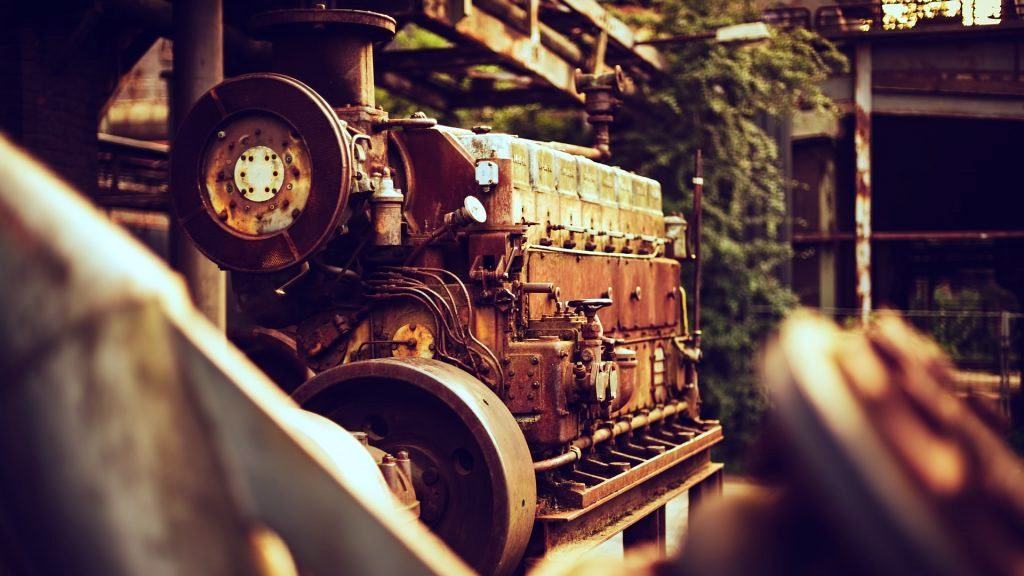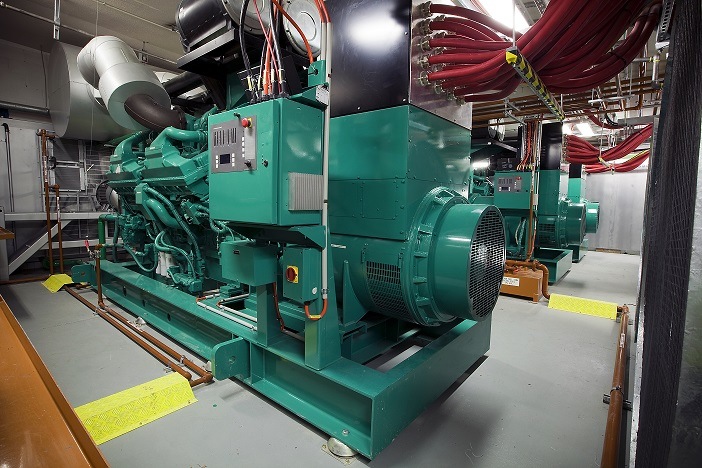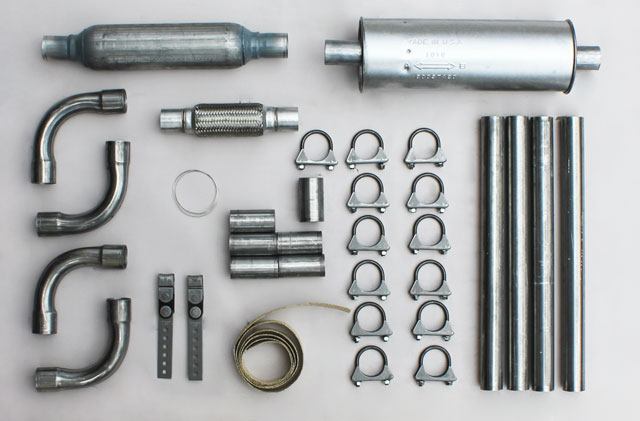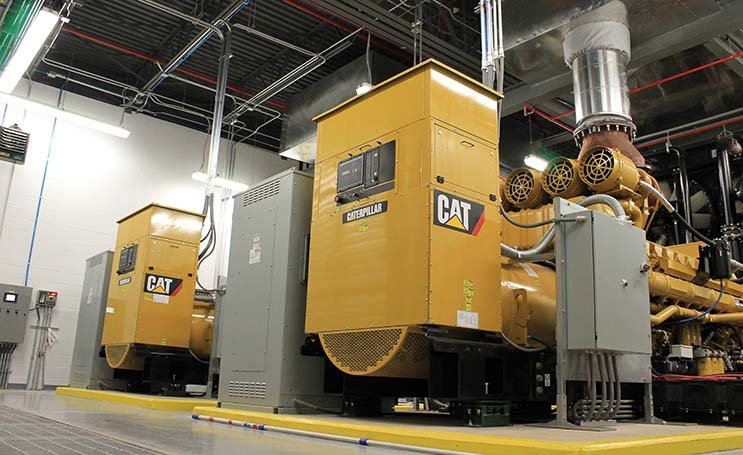Generator Overheating : Causes & Solutions

Introduction
Though diesel generators are known for their efficiency and long life span, they can also undergo different problems being a mechanical equipment like generator overheating, wear & tear, lubrication loss and decrease of overall efficiency overtime.
Why is overheating a dangerous thing?
If the generator starts to overheat because of insufficient cooling system, it could the alternator to overheat resulting in the damaging and weakening of the insulation inside. If this goes unchecked, it may result in melting of the insulation or in worst case scenario catch a fire.
Because of the overheating the radiator core can also get damage which would need to be repaired or replaced. It’s important to note that sometimes the repair cost could be more than the cost of purchasing the replacement itself. Also generator shutdown would cause extensive downtime and loss to the organization.

Overheating also shortens the lifespan of the generator significantly which means it will be required to be replaced sooner than intended.
What causes a generator to overheat?
The following are the possible reasons why a generator starts to overheat overtime:
- Poor circulation of coolant or low level due to leakage internally or externally. Leaking coolant could be a result of loose clamps or damaged gaskets.
- If the generator accumulated lot of dust on its exterior can also result in overheating since it hinders normal heat dissipation.
- A broken cooling fan.
- Diesel injectors should be checked. If the injectors are clogged, the system will be overloaded in order to compensate for the clogged injector.
- Damaged exhaust which restricts the exhausting process.
- When the generator is overloaded. Also it’s important to note that imbalance irregular load also can cause the generator to overheat.
- Low level of oil.

- A faulty gauge which is responsible to trigger the cooling system of the DG set can also result in the overheating of the generator since the cooling system is not activated when the generator needs it.
- With high external temperature the density of the air decreases which results in inadequate air supply which means less oxygen for combustion, the engine will still try to push itself to deliver the same power and might get overheated in the process.
- High humidity also causes the generator’s cooling system to downgrade. Since there is no significant difference between the coolant and the outside making it difficult to dissipate heat.
How to avoid generator over heating kept inside a building?
The following points should be considered:
- Airflow inside the generator housing area should not be restricted.
- Build-up of hot air from the generator should have a proper channel to be dispersed otherwise re circulation of the hot air will cause the generator to overheat and cut out. Also the exhaust area should be kept clean with minimum clearance of 2 meters.
- Also we need to make sure that there are no other equipments around the DG set which could contribute to the accumulation of heat around the generator hindering it’s cooling system.
- Also it’s important to ensure that we use good quality fuel and coolant.
- Regular service by the a professional in accordance with the manufacturer’s instruction should be carried out.
- Also it's important to do predictive maintenance like thermography using thermal cameras the ones offered by Fluke or temperature guns.
We recommend,
Fluke TiS75 Thermal Camera, you can find more information in this link here : https://geni.us/FlukeThermal
Fluke 569 Temperature Gun, you can find more information in this link here: https://geni.us/FlukeGun

